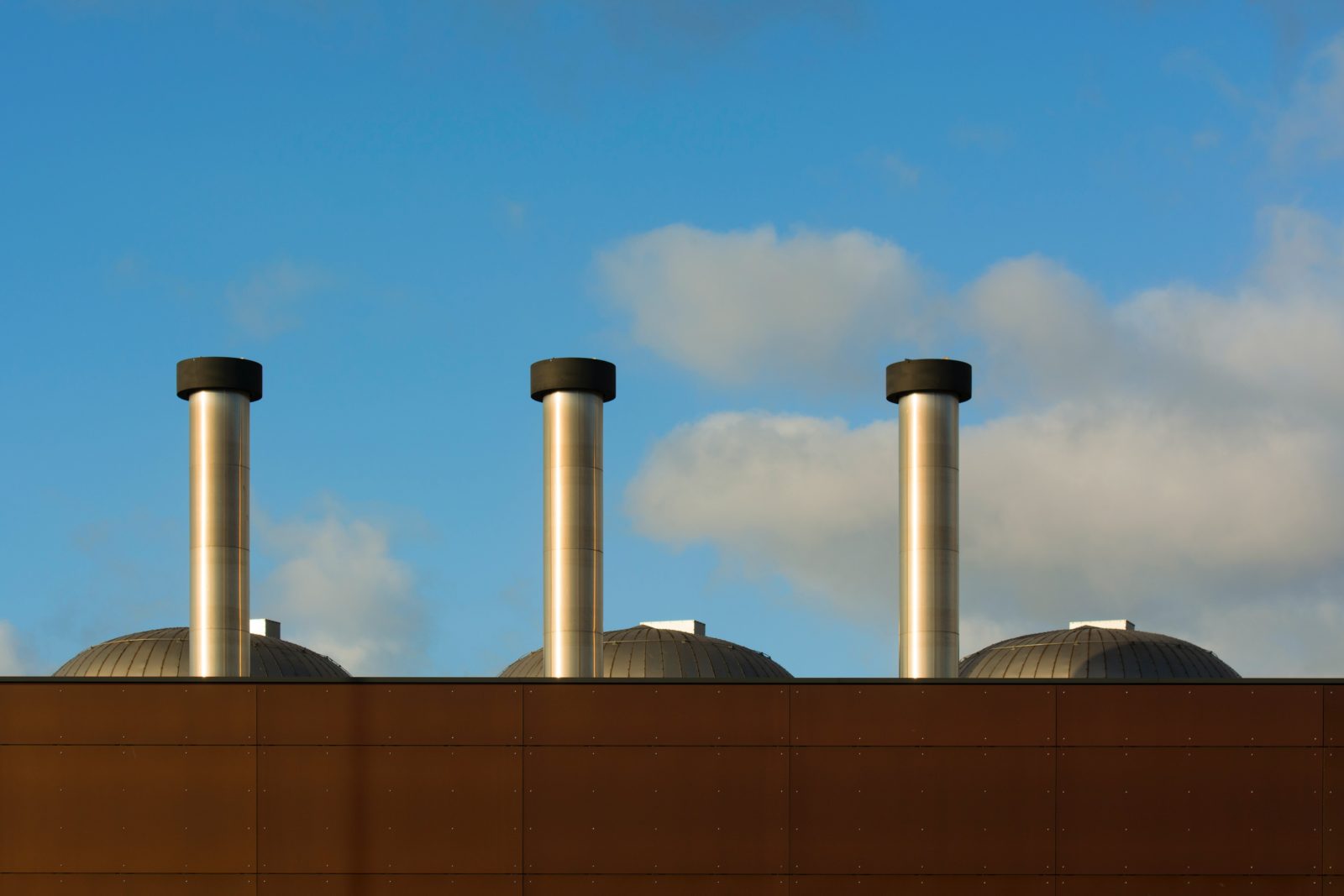Czech heat plants are set to abandon coal and transition to cleaner energy sources such as natural gas, solid biomass, and biomethane by 2030. The costs of modernizing domestic heat plants, whose operators will have to replace old coal-burning technologies with new heat sources and distribution systems, are expected to reach around CZK 180 billion. The projects are financed through grants from the modernization fund, with heat plants having CZK 87.5 billion at their disposal.
The successful transformation of the domestic heating industry is conditional on the EU’s acceptable legislation and the provision of adequate resources in the program to support the modernization of heating energy supply systems, according to Mirek Topolánek, Chairman of the Heat Plant Association. Due to the multi-billion investments in heat plants, it is necessary to negotiate with the EU regarding the appropriate profit level, which considers modernization costs and market interest rates.
Topolánek also stressed that support for heat generated from renewable sources and combined electricity and heat production facilities would be necessary for modernizing domestic heating. Heat plant operators have prepared hundreds of proposals, with approximately half of the planned thermal source modernizations based on natural gas combustion, one-fifth transitioning to biomass, and one-tenth focused on energy recovery from waste.
Heat plant modernizations utilizing heat pumps, electric boilers, biogas, waste heat recovery, and various source and fuel combinations are also planned. Grants for heat plant projects worth more than CZK 40 billion have already been approved. For example, energy company ČEZ plans to invest between CZK 30-40 billion in modernizing and transforming its heat plant sites to new fuels by 2030, with the modernization of the Přerov Heat Plant costing over CZK 1 billion. New boilers will burn biomass and solid alternative fuels from sorted, non-recyclable waste. After installing new boilers, the coal technology will be phased out in the Přerov heat plant.
Transitioning away from coal is a significant step in reducing greenhouse gas emissions and achieving carbon neutrality. Adopting cleaner and more sustainable energy sources will contribute to meeting the country’s climate goals while improving air quality and public health. The transition will also create new opportunities for innovation and economic growth as clean energy technologies and infrastructure development become more crucial in the fight against climate change.





